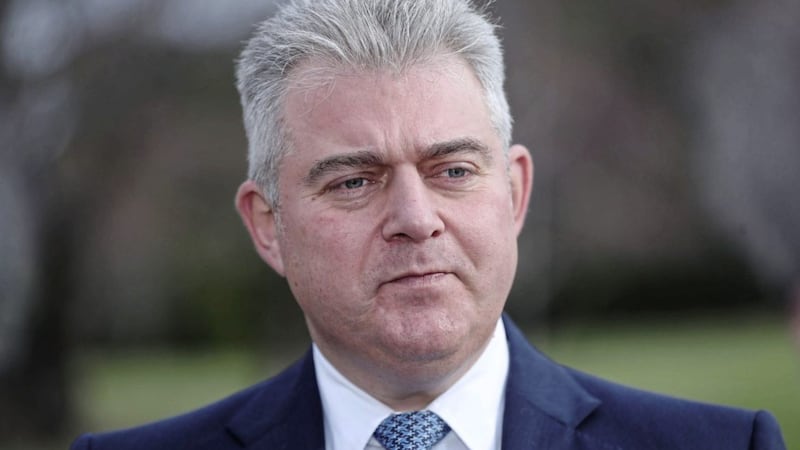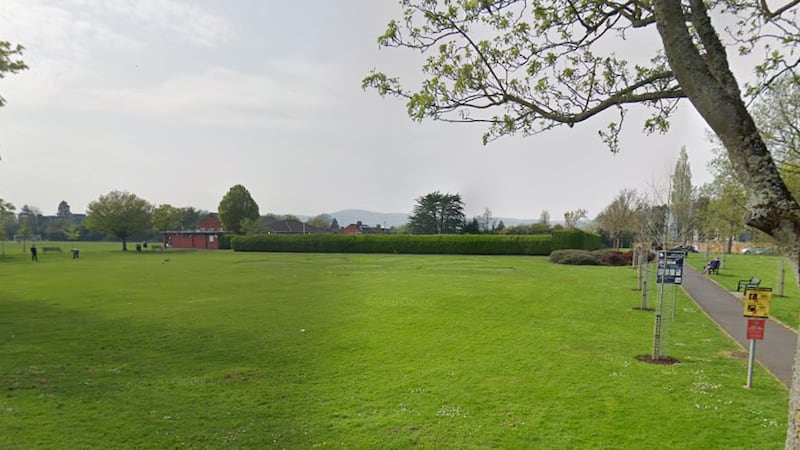LEGISLATION regulating the pensions payments to Troubles victims could rule out hundreds of people, rather than just the handful of cases of those 'injured by their own actions'.
It has emerged that the legislation will also exclude anyone who has served more than two-and-a-half years in prison, regardless of whether the offence was Troubles-related.
It was originally thought that it would only exclude those people injured while in the process of carrying out bombings or shootings, which amounts to a handful of cases.
However, the revised regulations implemented at Westminster include anyone imprisoned for any reason, whether political or not, at any time in their lives.
This would include many internees and those injured through no fault of their own after being released from prison.
Anyone maimed in so called punishment style attacks, but who may have served time in prison for other offences, will not qualify narrowing the eligibility criteria further.
Sinn Féin have raised a number of concerns about the legislation, including how the scheme will be funded.
The party said it had a "robust and frank exchange" with Northern Ireland Secretary Brandon Lewis on the pension and wider legacy issues on Tuesday.
It is understood that they will not now nominate a lead department to oversee the scheme while the issue of funding and eligibility criteria remains unresolved.
Victims will receive between £2,000 and £10,000 a year depending in the severity of their injuries.
However, the refusal by Westminster to fund the scheme would mean Stormont being responsible for the estimated £100 million cost.
That would mean those injured in bombings and attacks in Britain and Europe and eligible for a pension, will also be paid from the Northern Ireland block grant.
A judge led panel was to be appointed to oversee the allocation of the pension scheme, based on individual circumstances.








